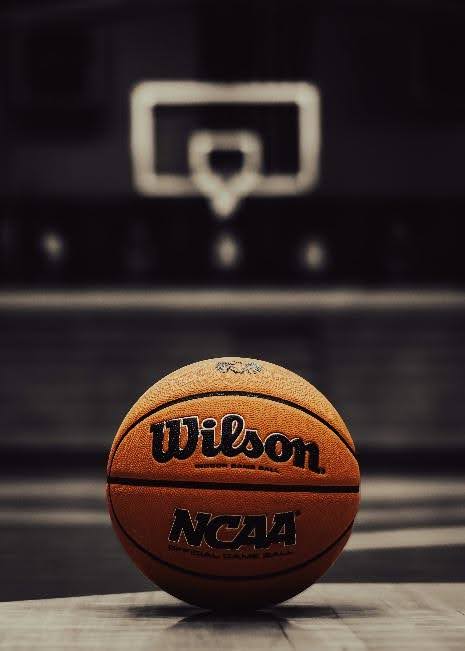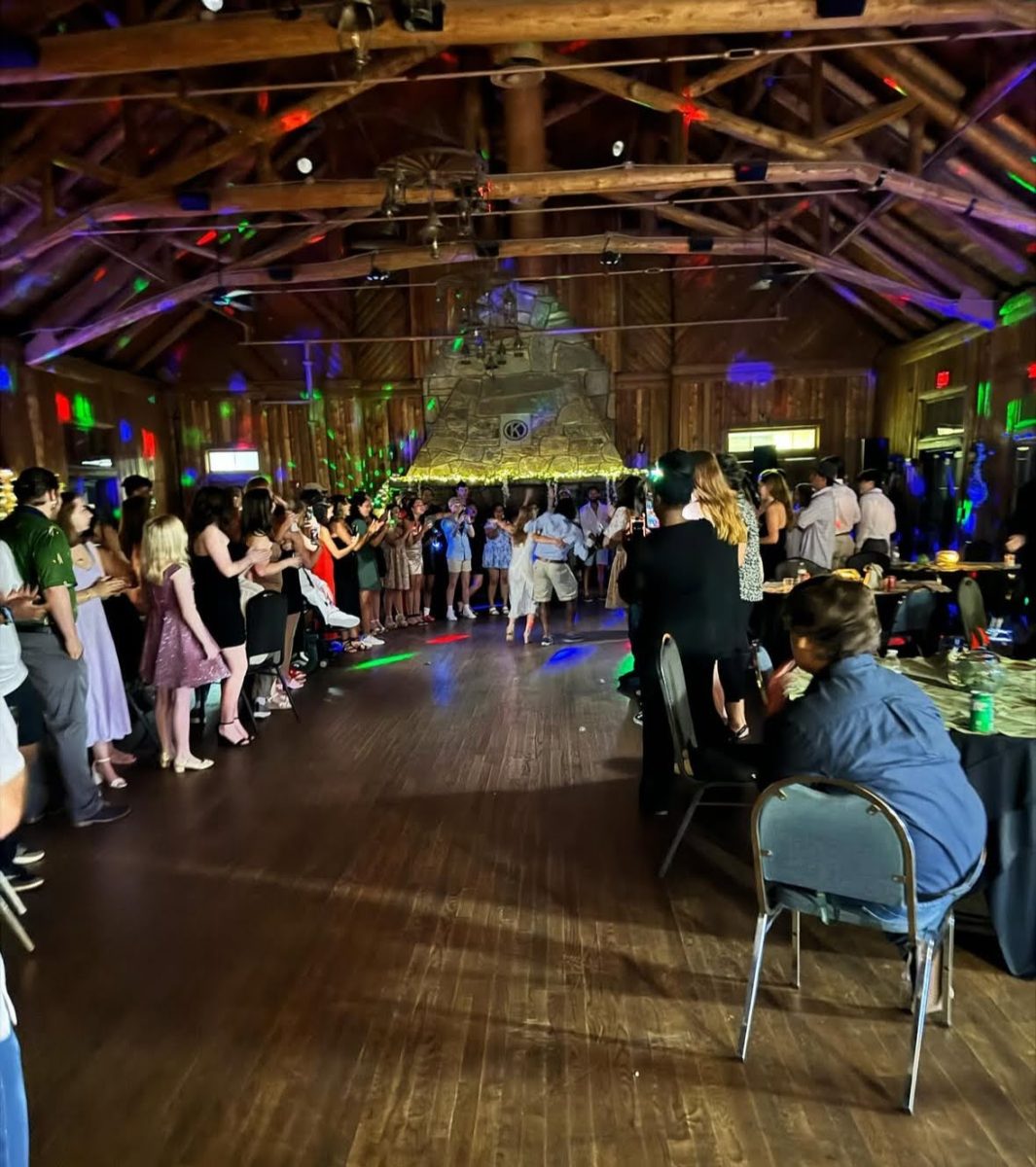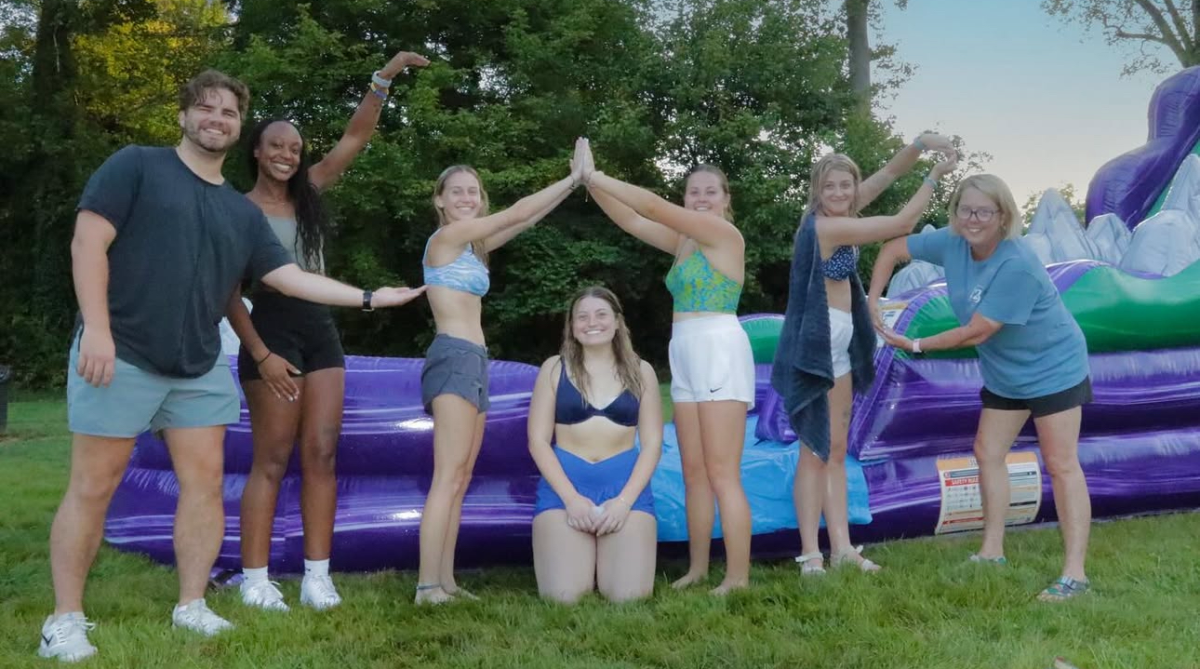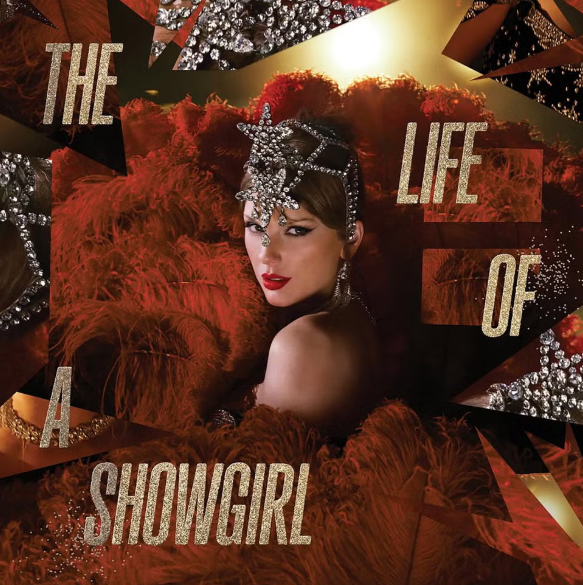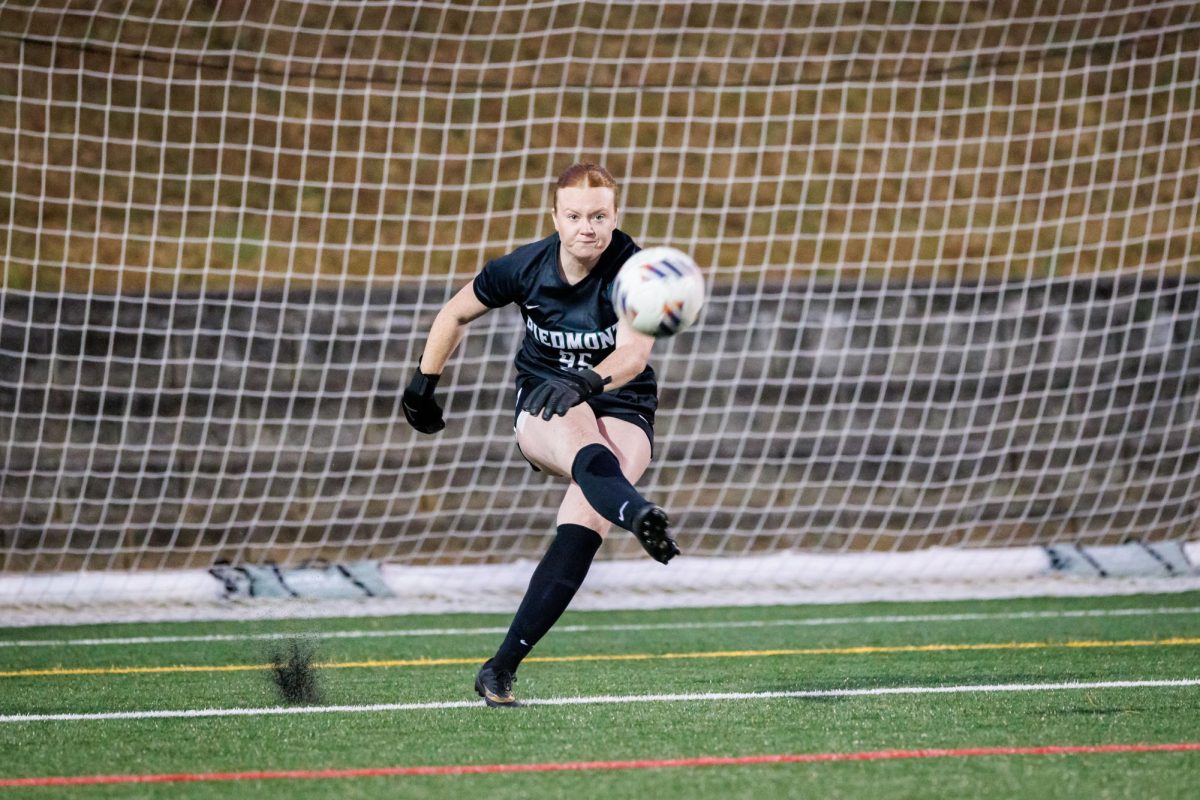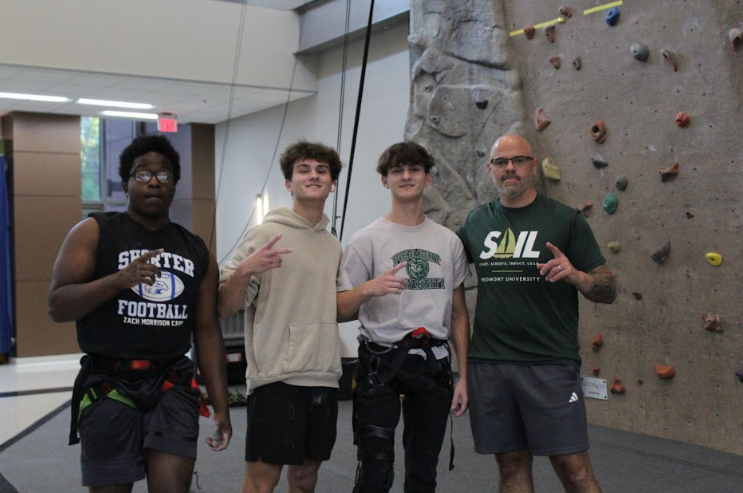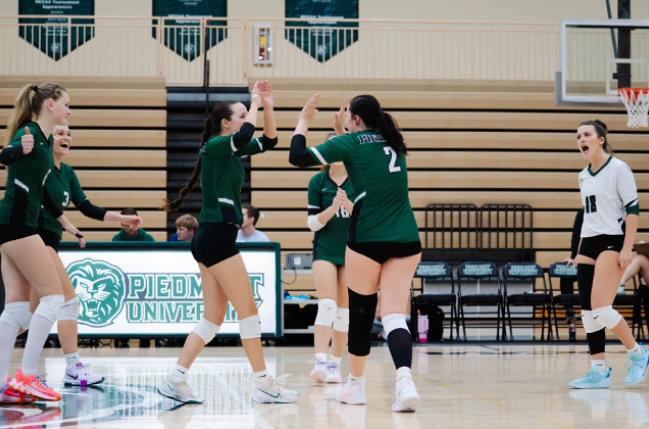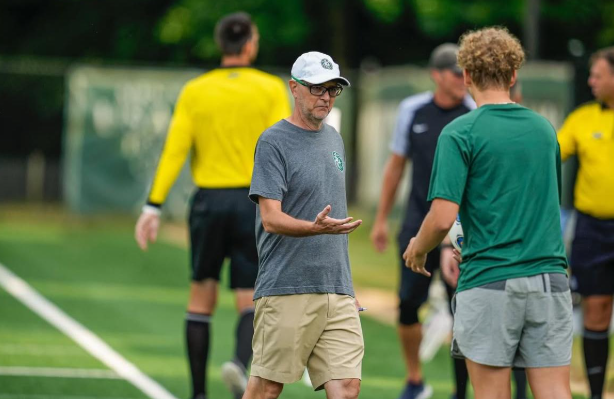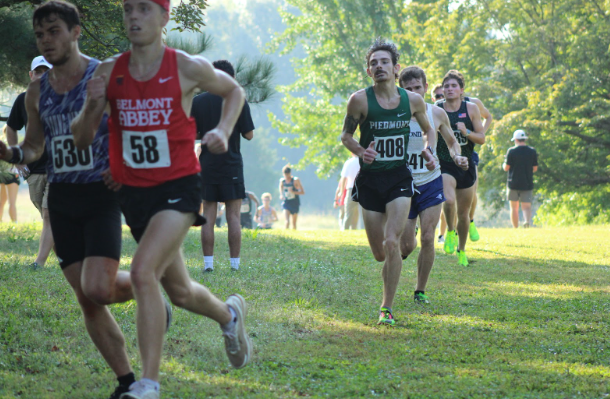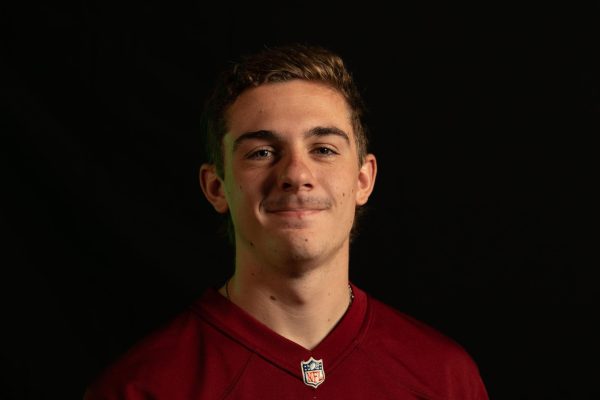In 2024-25, the NIL market is expected to reach $1.67 billion. Some athletes are earning multimillion-dollar deals and the numbers are only rising. This leads to many questions about supposed “student-athletes.” Are students playing for the love of the game anymore? Is the market having too much of an impact on the NCAA? Are these athletes even students anymore?
The highest earner of the NCAA is Colorado quarterback, Shedeur Sanders, who reportedly earned $6.2 million. As a 22-year-old he owns a Tesla Cybertruck, Mercedes Maybach and a Rolls Royce. One is left to wonder how this impacts other players, especially other starters with the same talent level but do not get paid just because they do not play quarterback. Many teammates look at Sanders and have no respect for a guy showing up to practice in a Rolls Royce, flexing his watch and calling his coach “Dad.”
College players are being treated like NFL-free agents. Not only can schools offer to pay for players’ educations through scholarships, but they can offer them NFL-sized deals to encourage athletes to transfer.
For players like Carson Beck, this meant spending another year at the college level instead of entering the NFL draft. His decision to play collegiately will earn him more money than if he played in the NFL, as reports show he will be making more money than the 33rd overall pick in the NFL draft.
College selection was supposed to be based on the right fit in terms of academics and location. For 99 percent of student-athletes, collegiate sports are a chance to play a sport they love for four more years. For the other 1 percent, it is about making it professionally.
Fans often prefer watching college sports over professional sports because it is an opportunity to view highly competitive athletes at the top of their gameplay for the love of competition and a chance to win a championship. Now, the most popular college sports are about money.
With student-athletes now being paid to play, a growing movement believes they should be paid as employees for playing their sports.
A lawsuit was filed in 2023 labeled Johnson v. NCAA, claiming that student-athletes are earning the NCAA money, and as a result, they should obtain some of it. This was a big reason why the NIL movement was created.
Why should student-athletes get paid? They are not signing binding contracts when they commit to a school. If athletes find this unfair, the simple answer is not to play. It is a privilege to play in college, as not everyone gets to do it. The statement of earning the NCAA money and wanting a piece of that is understandable, but no one forces any athlete to play.
College athletes do not need to earn money to add stress to their playing. For students who will not go on to play professionally, too much focus on their sport will take away from their academics, which will potentially hurt them in the long term. It is simple: if an athlete does not like playing for the love of the sport, then they should not deserve to play at all.


